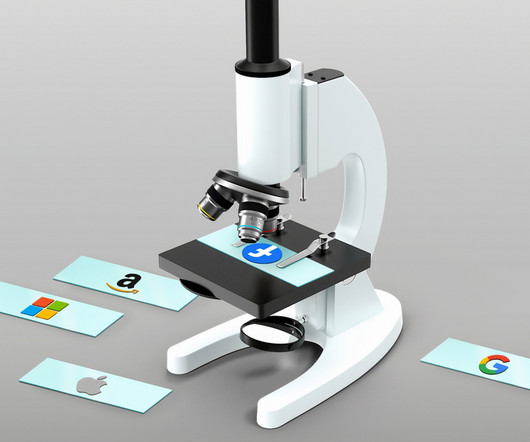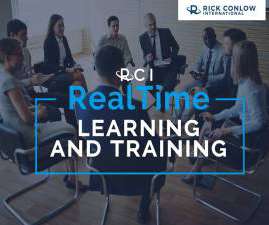How to Understand Key Metrics in a New Industry
Tom Spencer
SEPTEMBER 10, 2021
To help me understand these new numbers I use analogies based on my initial training to help me understand a new industry. If they get funded, they can perform the research, write up their results in the form of a manuscript and then try to get the manuscript published in a scientific journal. Image: Unsplash.












Let's personalize your content